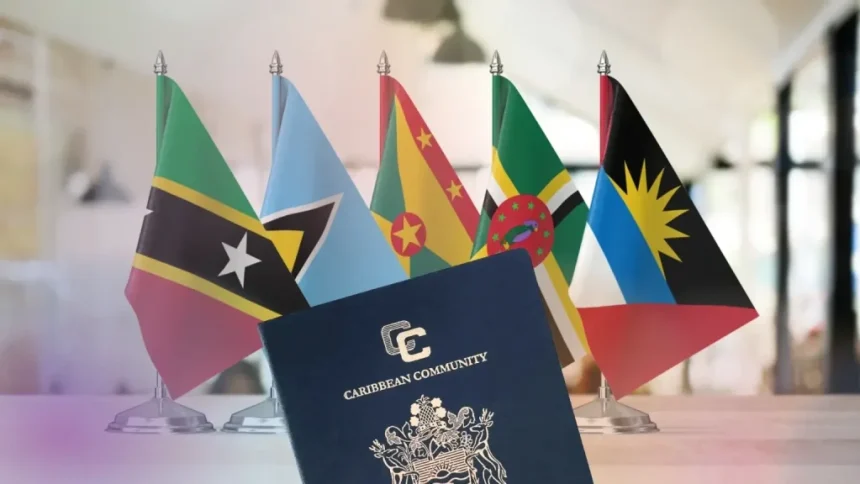In a striking trend reshaping international real estate and citizenship strategies, American homebuyers are increasingly turning to Caribbean CBI countries as a pathway to alternative citizenship, driven by political uncertainty and a desire for global mobility.
Five Caribbean nations—Antigua and Barbuda, Dominica, Grenada, St. Kitts and Nevis, and St. Lucia—are experiencing an unprecedented surge in investment migration applications.
These Citizenship-by-Investment (CBI) programs offer a unique proposition: purchase a qualifying property, typically starting around $300,000, and receive a passport granting visa-free access to approximately 150 countries.
Market Dynamics Driving the Trend
Recent data from Henley & Partners reveals a dramatic shift:
- 64% increase in investment migration applications in Q1 2025
- 53% rise in program inquiries compared to the previous year
- Growing interest from younger families and remote workers
Key Attractions of Caribbean Citizenship
- Visa-free travel to Europe and the U.K.
- Minimal residency requirements
- Option for dual citizenship
- Potential rental income from properties
The COVID-19 pandemic and increasing political polarization in the United States have accelerated this trend, with many viewing these programs as more than just a real estate investment—but a genuine alternative lifestyle option.
Investment Pathways
Potential citizens can qualify through multiple routes:
- Non-refundable national development fund contributions
- Government-approved real estate purchases
- Business investments
- Government bond investments
As geopolitical uncertainties continue, these Caribbean citizenship programs are likely to become increasingly attractive to Americans seeking alternatives to traditional residency models.


